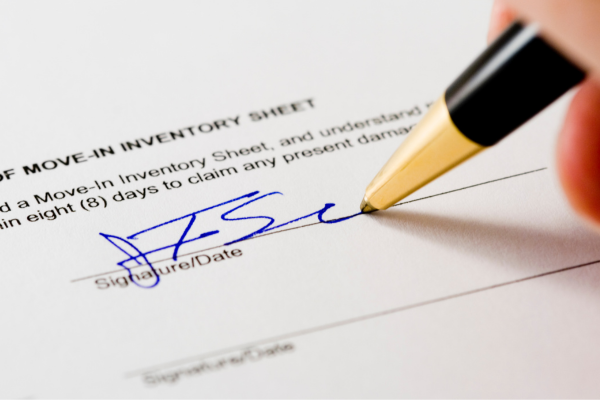One of the most critical aspects to help secure the longevity of your newly formed enterprise is to ensure that you have sufficient insurance coverage in place. When to buy insurance for your small business is not necessarily clear cut, however.
As a small business owner, your top priorities include growth, profitability, and financial stability. So while you may not want to commit to purchasing insurance for your business immediately, you don’t want to wait until it’s too late either.
In this post, we’ll guide you through some of the essentials of when to buy insurance for your small business.
When You Start Your Business

Many businesses delay buying insurance, hoping that everything will go well. They look to purchase only after problems arise.
However, the best time to start thinking about buying insurance for your business is before you actually launch your business.
Delaying the purchase of insurance for your small business can leave you exposed to liabilities and damages. These can add up quickly and drain your resources and capital.
When starting your small business, identify risks and liabilities that your business may face. You can then evaluate the insurance options available to mitigate them.
When You Hire Employees

Once you start hiring employees, you will need to purchase workers compensation insurance. This should be in addition to your purchase of general liability insurance, and possibly other insurance coverages.
Workplace injuries, accidents, and employment-related disputes can cost your business thousands of dollars in legal fees, medical bills, and compensation.
Workers compensation insurance can help protect your business and employees in the event of such incidents. It is also legally required insurance coverage when your business hires employees.
When You Sign A Lease Agreement

Most commercial lease agreements require tenants to have specific insurance coverage in place, such as commercial general liability and property coverage.
These types of commercial insurance policies are designed to protect the landlord against injury or damage resulting from the business’s operations.
However, before signing a lease agreement, be sure to review the insurance requirements carefully.
You may need to either purchase or upgrade your business’s insurance to meet the requirements of the landlord and lease.
When Your Business Expands

As your business grows and expands, the risks, liabilities, and insurance requirements for your business will likely change.
For example, expanding operations, entering new markets, adding new products or services, and hiring more employees can increase your exposure to risks and liabilities.
Also, depending on any new services that your business offers, you might need to purchase additional insurance coverage to mitigate the additional risks.
If you begin selling products online, for example, you may need cyber liability insurance to safeguard against data breaches.
Conclusion
Protecting your business from unexpected events and accidents is crucial to ensuring its long-term success. Purchasing insurance is one of the most valuable decisions you can make as a small business owner to help protect your business.
Remember, it’s important to evaluate the potential insurance needs of your business before you launch operations or open your doors. Starting with the basics, assessing potential risks, and working with an experienced agent can help you make informed decisions.
Additionally, once your business begins to hire employees, lessees or buys a new location, and expands its operations or services, then additional insurance coverages might be needed
By insuring your business correctly and at the right time, you can focus on what you and your team do best, grow your company, and achieve long-term success.

